djacobox372
No longer a newbie, moving up!
- Joined
- May 4, 2008
- Messages
- 2,925
- Reaction score
- 129
- Location
- Seattle, WA
- Website
- djacob372.deviantart.com
- Can others edit my Photos
- Photos NOT OK to edit
o hey tyler said:Film Pros: Dynamic Range, aesthetic quality, cheaper start up cost
Film Cons: Cost, Time between shutter actuation to developing stage, decreasing accessibility
Digital Pros: Accessibility of images, availability of equipment, cheaper to maintain in the long run, ability to change your ISO
Digital Cons: Steeper start up cost, lack of dynamic range, somewhat steeper learning curve (because of the tech, not learning exposure)
Starter DSLR's:
Canon T2i, T3i
Nikon: D3100, D5100.
Good description, although the dynamic range difference isn't nearly what it used to be--in fact it may be about equal now with digital recovering shadows better and film having an edge in highlights.


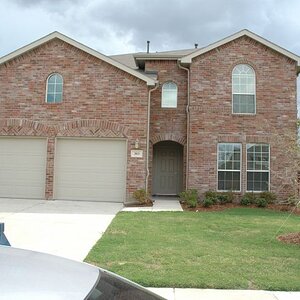

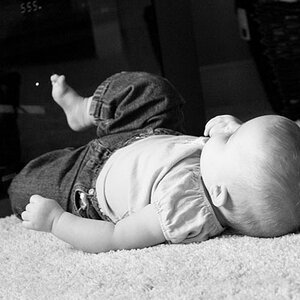
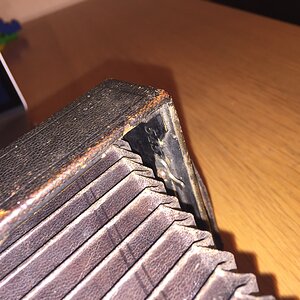
![[No title]](/data/xfmg/thumbnail/38/38264-552eb428d8a704186dcc43400f417d0f.jpg?1619738548)
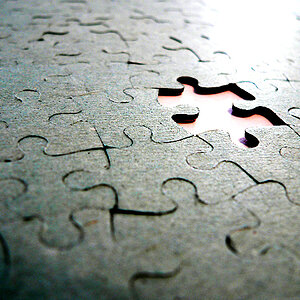
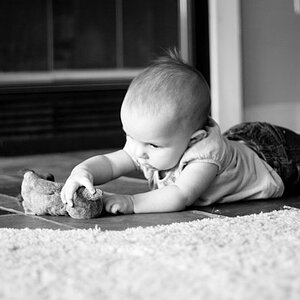
![[No title]](/data/xfmg/thumbnail/34/34746-f8e4b50f9d9b0de43c95af3d2caf956b.jpg?1619736628)

![[No title]](/data/xfmg/thumbnail/37/37628-b854997825aadb4eedaa3247baf8069f.jpg?1619738155)

![[No title]](/data/xfmg/thumbnail/37/37625-7e132688457d56e50320a8c99a79fe38.jpg?1619738154)